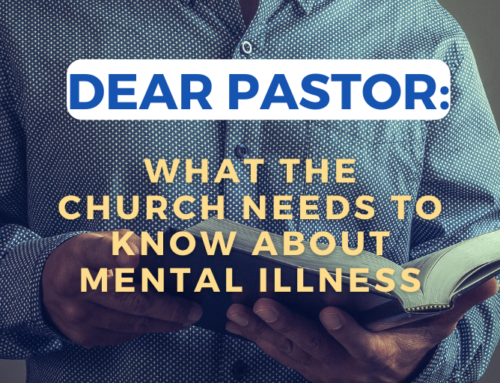Tonight (November 20), we launch our Indiegogo campaign for our upcoming podcast, Revealing Voices. My associate producer and co-host Eric Riddle and I are very enthusiastic — not so much about the dollars collected as the number of people who will become our partners in offering hope and cultivating compassion. Many of my friends with troubled minds feel alienated by faith communities. Many of my brothers and sisters in Christ fail to understand how best to respond to people with mental illness. Our mission with Revealing Voices is to bridge the gap between faith communities and the world of mental health care in order to better promote healing.
Studies show that roughly 1 in 5 persons in the US experience mental illness in a given year. Research also suggests that few churches feel equipped to respond to persons with mental illness. Added to this dillemma is that 25% of pastors struggle with a mental illness. This means not only that persons with mental illness have a hard time fitting in at church, but that pastors who have a mental illness often feel the need to hide this aspect of their identity, and for good reason.
I served 20 years as a pastor with bipolar disorder. Early in my ministry, I suffered a psychotic episode that resulted in a three-week hospitalization. I had to tell my church something about my absent. I chose to take the risk and tell the truth. By the grace of God, the church responded with incredible love and acceptance. They offered me a paid leave of absence, watched our young children so my wife could visit me, brought over meals freeing us to spend time on other essential matters.
I recognize that my experience is rare. Most pastors who struggle with mental illness hide their diagnosis for fear that it would jeopardize their ministry. This same dynamic occurs in the world beyond the church. But it doesn’t have to be this way. It is possible for employers to support employees wrestling with mental disorders. And doing so often makes a world of difference, both in the life of the employee and for the functioning of the employer.
Justin Wilson, in a Guardian article called “What I wish I could tell my boss: I was broken and you fixed me.” writes:
My brain turned against me during my depression, but you instantly joined my side of the battle. You reassured me. You told me you had noticed something was wrong and had been wondering how to approach it with me. You said I was good at my job and that I was clearly unwell. You told me that I would get better, that I needed rest, and that you would do everything in your power to help that happen – which you did.
It takes a lot to risk revealing your mental illness in a world that often views the mentally ill as crazed lunatics prone to violence and self-destruction. Our podcast (debuting in March of 2018) will raise tough questions and share honest prayers. Questions like “When and how do I reveal my mental illness?” “How does my illness affect my children? We will also share such hard-hitting prayers as, “God, help me!” and “God, I don’t believe in you anymore!”








